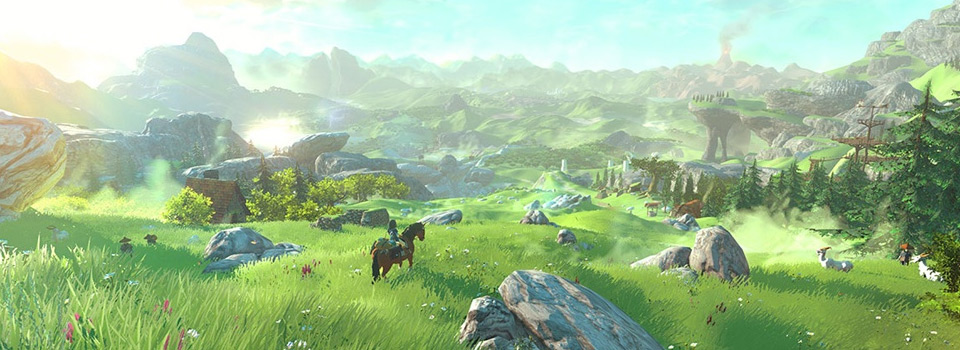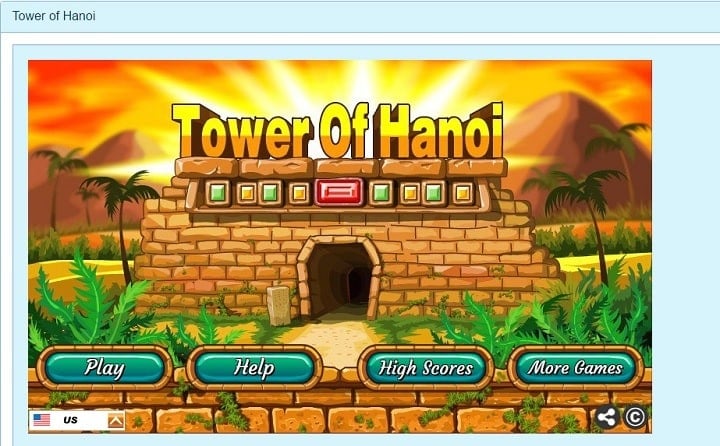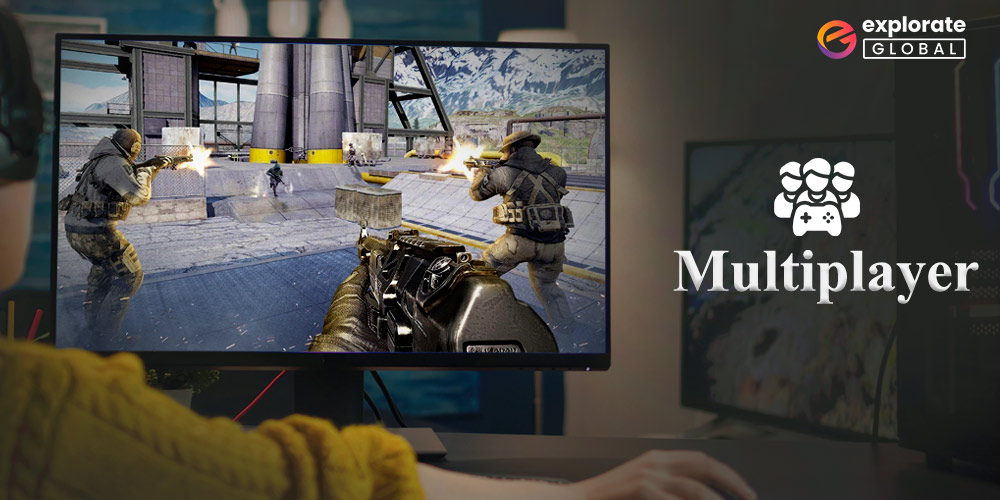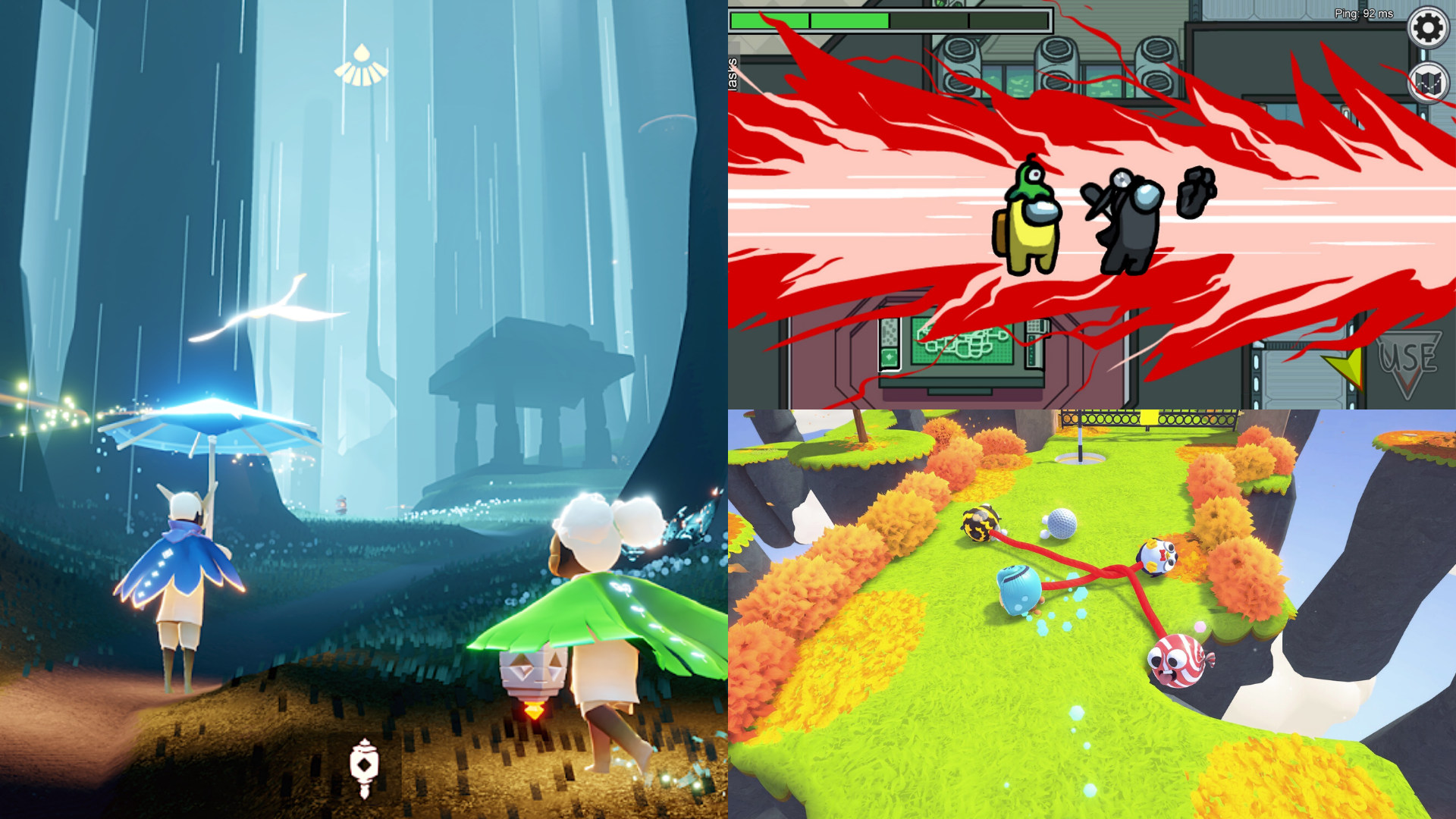The Evolving Landscape of Free-to-Play Online Games: A Look at 2025
Related Articles: The Evolving Landscape of Free-to-Play Online Games: A Look at 2025
Introduction
With enthusiasm, let’s navigate through the intriguing topic related to The Evolving Landscape of Free-to-Play Online Games: A Look at 2025. Let’s weave interesting information and offer fresh perspectives to the readers.
Table of Content
The Evolving Landscape of Free-to-Play Online Games: A Look at 2025

The online gaming landscape is in constant flux, driven by technological advancements, evolving player preferences, and the ever-present quest for innovative experiences. Within this dynamic environment, free-to-play (F2P) games have emerged as a dominant force, captivating millions of players worldwide. As we approach 2025, the F2P model is poised to further refine its offerings, catering to a diverse audience with a range of accessibility, engagement, and monetization strategies.
The Rise of F2P: A Paradigm Shift in Gaming
The F2P model has revolutionized the gaming industry, making games accessible to a broader demographic. By removing the initial financial barrier to entry, F2P games have democratized gaming, allowing players to experience engaging content without upfront costs. This shift has led to a surge in player base, fostering vibrant online communities and driving innovation in game design.
Key Trends Shaping the Future of F2P Games in 2025
Several trends are set to reshape the F2P landscape in the coming years:
1. Enhanced Accessibility and Inclusivity:
F2P games will continue to prioritize accessibility, ensuring that a wider range of players can enjoy their offerings. This includes catering to diverse demographics, fostering inclusive environments, and providing options for players with disabilities.
2. Diversification of Game Genres and Playstyles:
The F2P model is no longer confined to specific genres. Expect to see a proliferation of F2P games across diverse categories, from traditional RPGs and MMOs to mobile-first titles, esports-focused experiences, and even more niche genres.
3. Monetization Models Beyond Traditional Microtransactions:
While microtransactions remain a prevalent monetization strategy, F2P games are experimenting with alternative models. These include subscription services, advertising revenue, and in-game rewards systems that incentivize player engagement and provide value without directly impacting gameplay.
4. Emphasis on Community and Social Interaction:
F2P games are increasingly focusing on building strong communities. This involves fostering social interaction, creating shared experiences, and empowering players to contribute to the game’s evolution.
5. Advancements in Technology:
Technological advancements, including cloud gaming, virtual reality (VR), and augmented reality (AR), will further enhance the F2P experience. These technologies will offer players immersive environments, innovative gameplay mechanics, and greater accessibility.
6. The Power of Data and Personalized Experiences:
Data analytics plays a crucial role in the success of F2P games. By leveraging player data, developers can tailor game experiences, optimize monetization strategies, and create personalized content that keeps players engaged.
The Benefits of Free-to-Play Games
The F2P model offers numerous benefits for both players and developers:
For Players:
- Accessibility: Removes financial barriers, allowing players to experience high-quality games without upfront costs.
- Variety: Offers a wide range of game genres and playstyles to cater to diverse preferences.
- Community: Fosters strong online communities, allowing players to connect, collaborate, and share experiences.
- Regular Updates: Developers often provide regular content updates, keeping the game fresh and engaging.
For Developers:
- Wider Audience: Reaches a broader player base, increasing potential revenue and brand awareness.
- Data-Driven Development: Leverages player data to refine game design, monetization strategies, and content updates.
- Continuous Engagement: Encourages players to return regularly, fostering long-term player retention.
- Innovation: Drives innovation in game design, monetization models, and player engagement strategies.
Challenges and Considerations for F2P Games
While F2P games offer numerous benefits, they also face challenges:
- Balancing Monetization and Gameplay: Striking a delicate balance between monetization strategies and ensuring a fair and enjoyable gameplay experience for all players.
- Preventing Pay-to-Win Mechanics: Avoiding gameplay mechanics that give players who spend money an unfair advantage over those who do not.
- Managing Toxicity and Unfair Play: Creating a healthy and welcoming online environment for all players, addressing issues of toxicity and unfair play.
- Maintaining Long-Term Player Engagement: Keeping players engaged over the long term by providing regular updates, new content, and innovative gameplay experiences.
FAQs about Free-to-Play Games in 2025
1. Will F2P games become increasingly pay-to-win?
While the concern about pay-to-win mechanics persists, developers are increasingly recognizing the importance of fair and balanced gameplay. Expect to see a shift towards monetization models that incentivize player engagement without compromising gameplay integrity.
2. How will F2P games adapt to the rise of cloud gaming?
Cloud gaming offers significant opportunities for F2P games, allowing for wider accessibility and smoother gameplay experiences. F2P developers will likely leverage cloud gaming platforms to reach a wider audience and offer more immersive experiences.
3. What role will esports play in the future of F2P games?
Esports is a rapidly growing segment of the gaming industry, and F2P games are well-positioned to capitalize on this trend. Expect to see more F2P games designed with competitive play in mind, offering esports tournaments, leagues, and professional opportunities.
4. Will F2P games become more reliant on advertising?
While advertising revenue will likely play a more prominent role in the F2P model, developers must strike a balance between advertising and maintaining a positive player experience. Effective advertising should be non-intrusive and integrated seamlessly into the game’s environment.
Tips for Players of Free-to-Play Games in 2025
- Read Reviews and Research Before Playing: Familiarize yourself with the game’s monetization model and gameplay mechanics before committing your time.
- Be Aware of Pay-to-Win Mechanics: Avoid games that offer significant advantages to players who spend money.
- Set Spending Limits: Establish a budget for in-game purchases and stick to it.
- Focus on Gameplay, Not Grinding: Enjoy the game’s core mechanics and avoid spending excessive time grinding for rewards.
- Join the Community: Connect with other players, share experiences, and participate in online discussions.
Conclusion
Free-to-play games have become a defining force in the gaming industry, offering a diverse range of experiences for millions of players worldwide. As we enter 2025, the F2P model is poised for further evolution, driven by technological advancements, evolving player preferences, and innovative monetization strategies. By embracing accessibility, inclusivity, and a focus on community engagement, F2P games will continue to shape the future of gaming, providing players with engaging, accessible, and rewarding experiences.






:max_bytes(150000):strip_icc()/speed-racing-pro-2-aee2f9e3fbbf45d5b42264e6cf04f2f1.png)

Closure
Thus, we hope this article has provided valuable insights into The Evolving Landscape of Free-to-Play Online Games: A Look at 2025. We thank you for taking the time to read this article. See you in our next article!